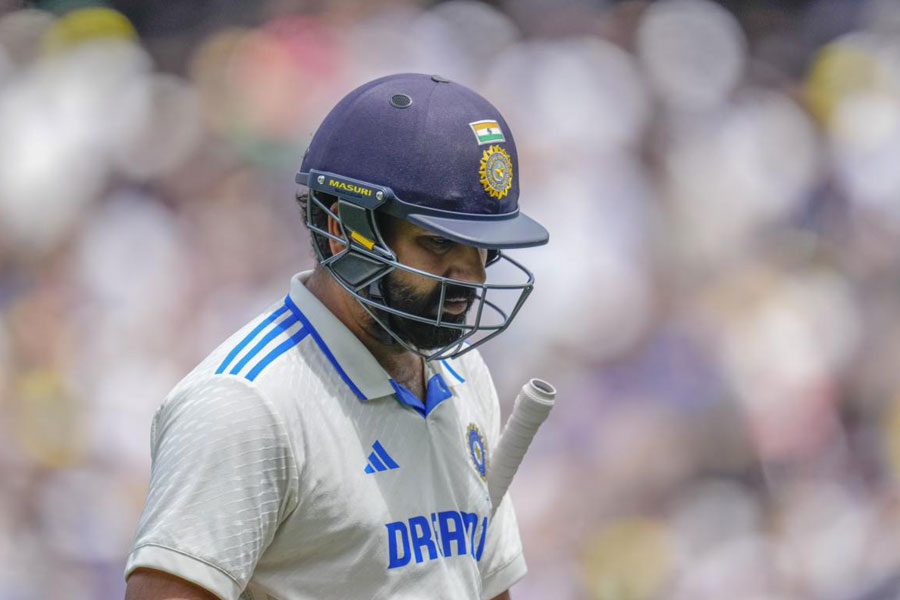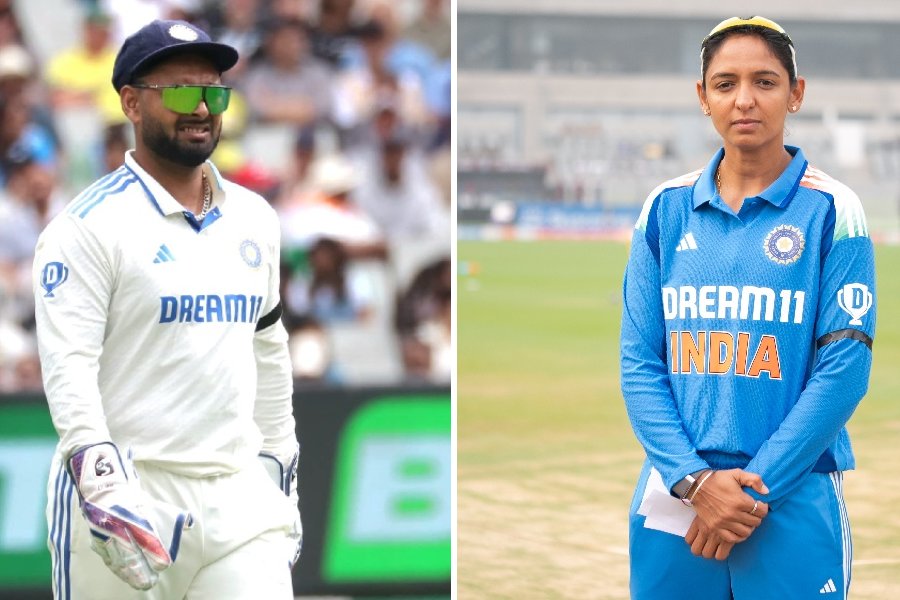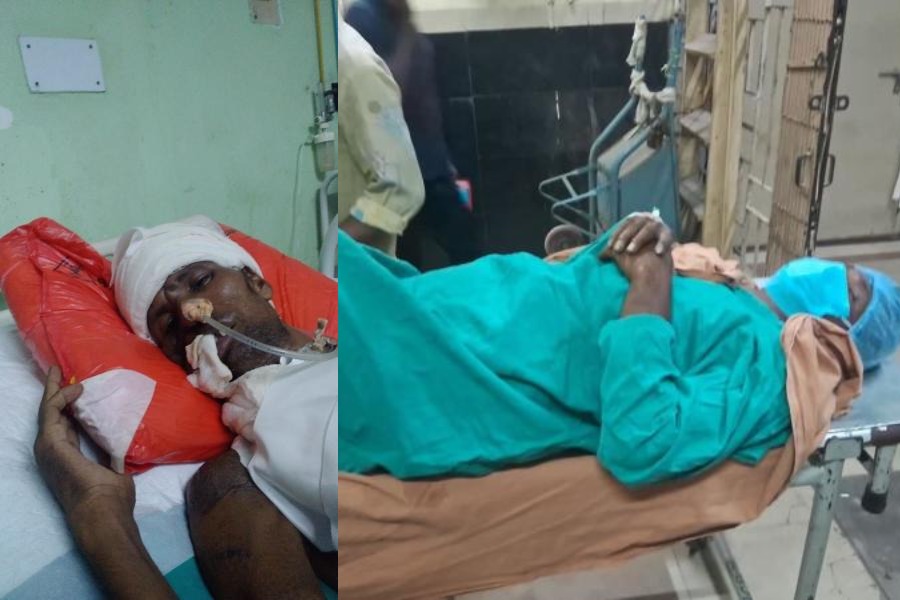The Bengal government told the Supreme Court on Tuesday it will remove two guidelines that recommended women should “preferably” be kept out of night shifts and their duty hours should be capped at 12 hours.
The proposed measures — part of a set of 17 guidelines on women’s safety following the rape and murder of the junior doctor at RG Kar Hospital on August 9 — were widely seen as short-sighted, regressive and based on the same bias against women that the guidelines are apparently meant to fight.
That feeling was on Tuesday echoed by Chief Justice of India D.Y. Chandrachud, who headed the three-judge bench hearing the RG Kar rape and murder case.
“How can you say that women should not work night shifts... Women don’t want concessions. They want equal opportunities and safety,” the CJI said in open court.
“The state of West Bengal must immediately correct its notification. You can’t say that women will not work more than a 12-hour shift. If men are working more than a 12-hour shift, they are entitled to work the same and be at par with their male counterparts. Your duty is to provide security. We can’t tell any woman today in our country who is in the workforce that you will not work at night. Pilots work at night, doctors work at night, armed forces work at night,” he said.
Kapil Sibal, appearing for Bengal, said: “As far as items 5 and 6 are concerned, we will issue a notification to delete it. Not an issue.”
He referred to subclauses 5 and 6 of clause 11 of a notification dated August 19, issued by the department of health and family welfare of the Bengal government.
The two subclauses said “working hours of women including women doctors should not preferably exceed 12 hours at a time” and “wherever possible, night duty may be avoided for women to the extent possible”.
The measures — drawn up on August 17 at a meeting of top officials at Nabanna that chief minister Mamata Banerjee joined virtually, and notified on August 19 — were collectively called Rattirer Sathi (Friends of the Night).
At the apex court on Tuesday, the issue was brought up by the counsel representing a doctors’ association.
“...pertaining to the policy of August 19, in clause 11, we have serious problems with subclauses 5 and 6,” she said.
“To limit us to a 12-hour shift when many of the junior residents work for 36 hours flat out. This is directly infringing on gender and being employed at all,” she said.
The Chief Justice told Sibal, appearing for Bengal: “This has to be corrected.”
Sibal replied: “No issue, My Lord. We will notify it. We were just worried because there is no security in place at the moment.”
This prompted the CJI to say: “The answer to it is you must ensure that security is in place. You can’t say that women will not be working.”
Launching a mobile app with alarm devices that all working women can download; deploying women volunteers — who will mostly be private security personnel — at government offices where women work at night; encouraging schedules that allow women to work in pairs during night shifts and creating safe zones with full CCTV coverage are some of the other measures proposed by the state.











